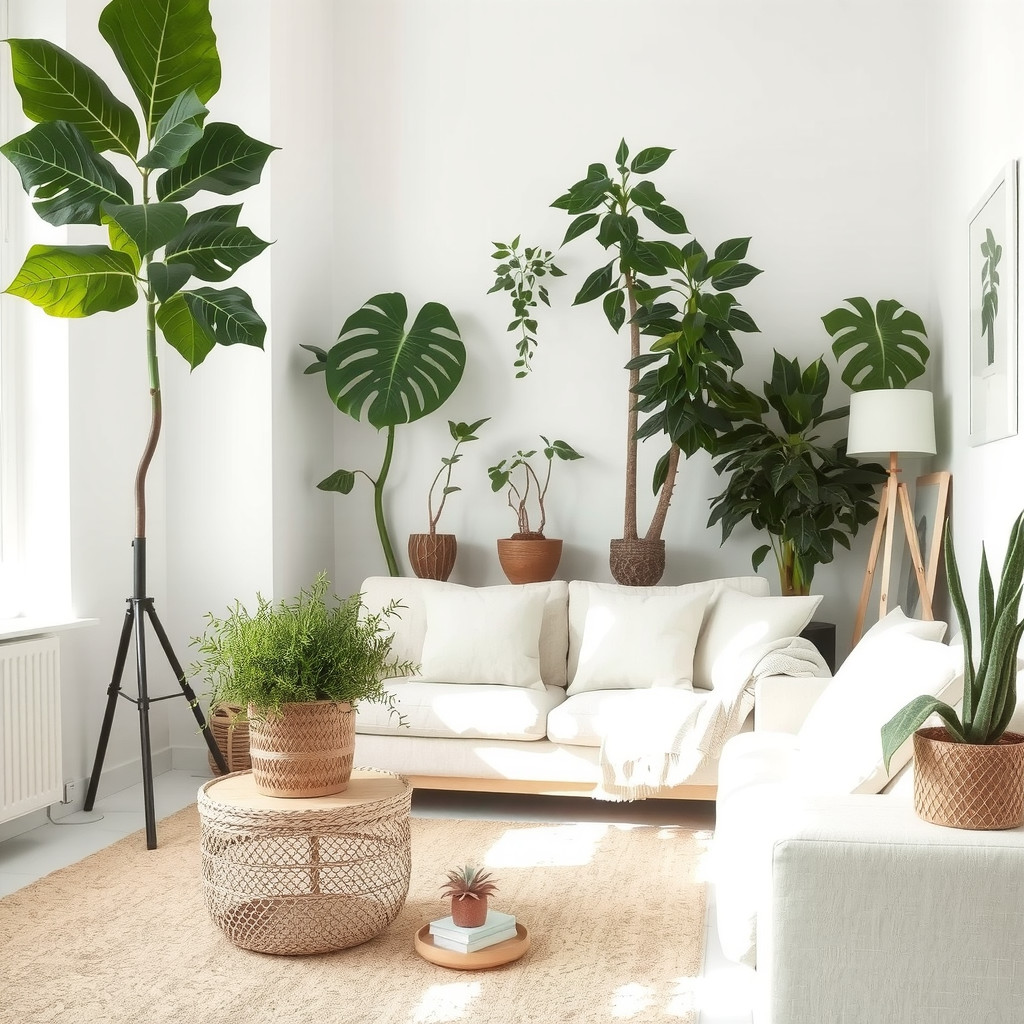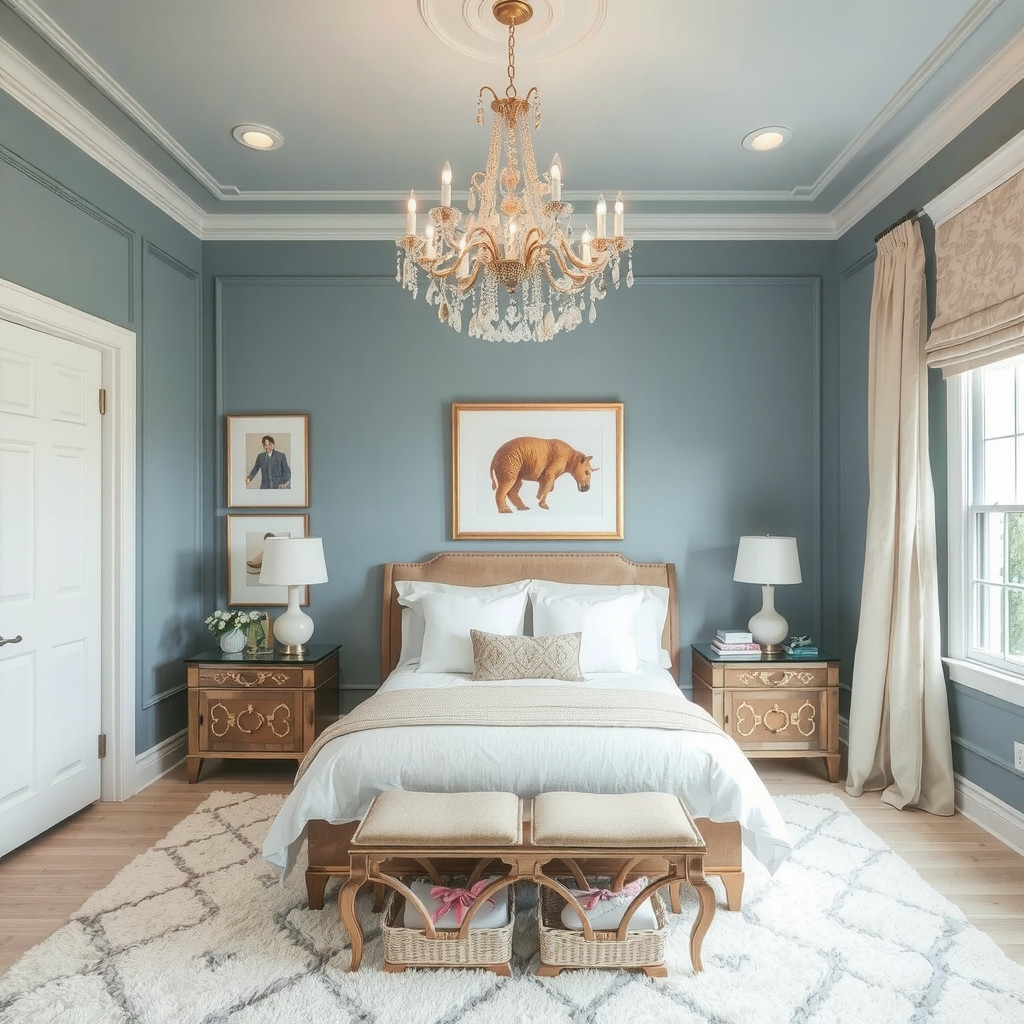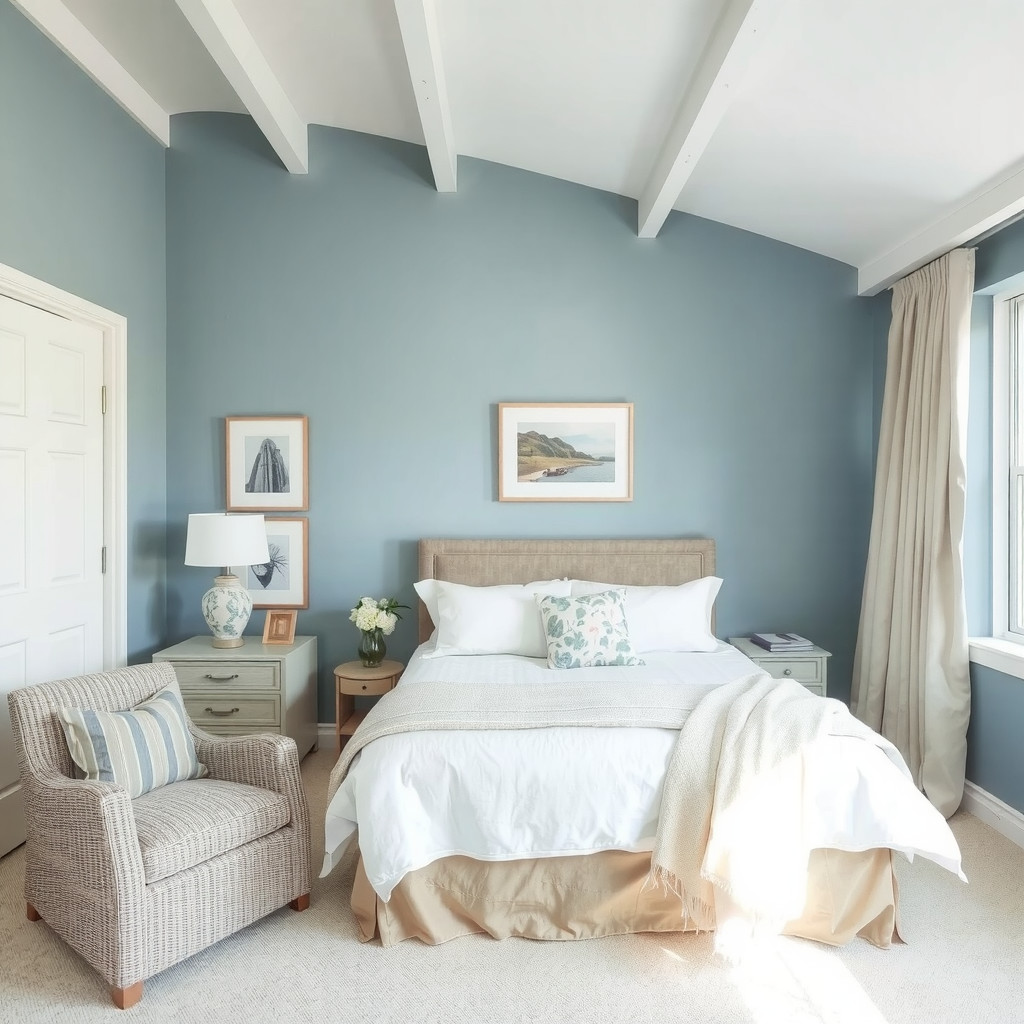ADVERTISEMENT
Introduction
Sleeping is an essential part of our daily lives, and having the right environment can greatly impact the quality of our sleep. One way to create a sleep-conducive bedroom is by incorporating easy-to-grow plants that promote relaxation and improve air quality. In this article, we will explore some of the best plants to have in your bedroom and how they can help you sleep better.
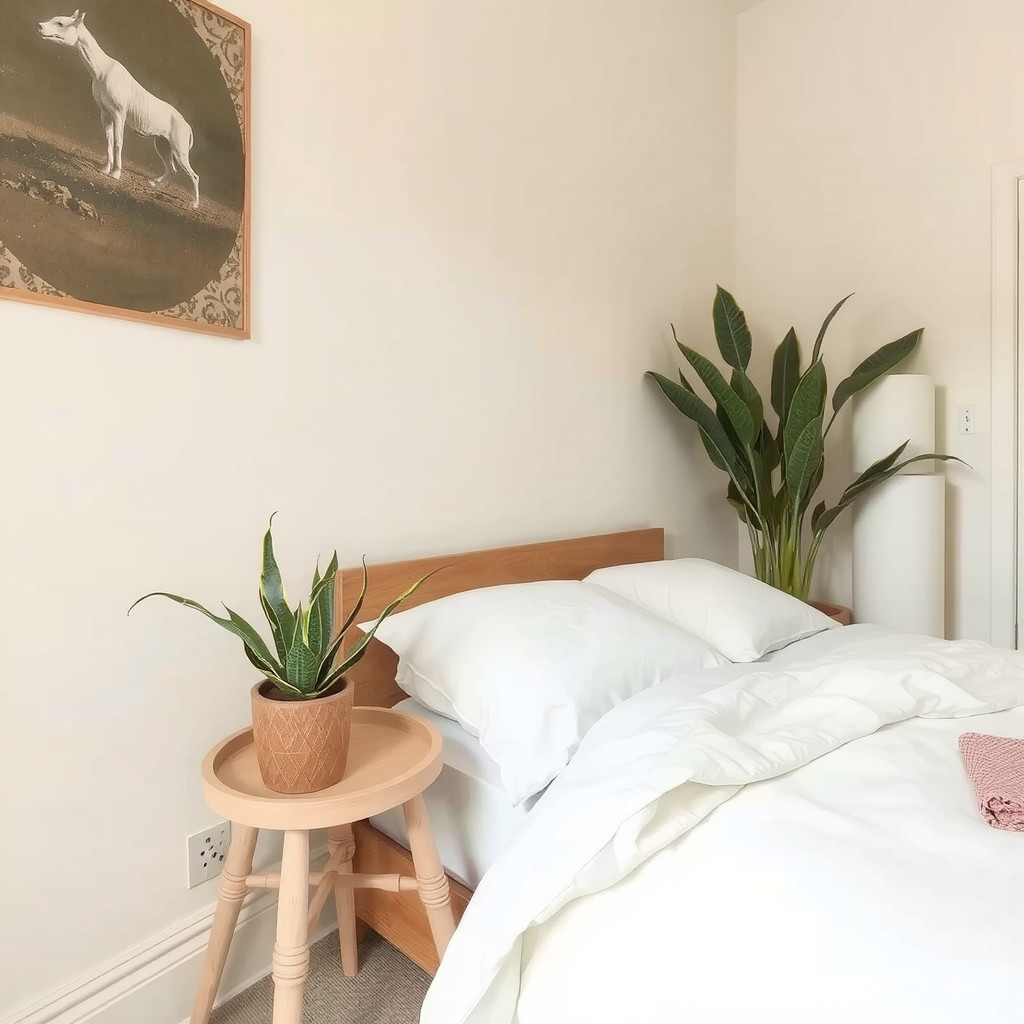
Layout and Positioning
When it comes to placing plants in your bedroom, it’s essential to consider the layout and positioning. You want to create a peaceful and calming atmosphere, so avoid placing plants in areas that may obstruct your view or create clutter. Instead, opt for a corner or a shelf where the plants can thrive without interfering with your daily activities.
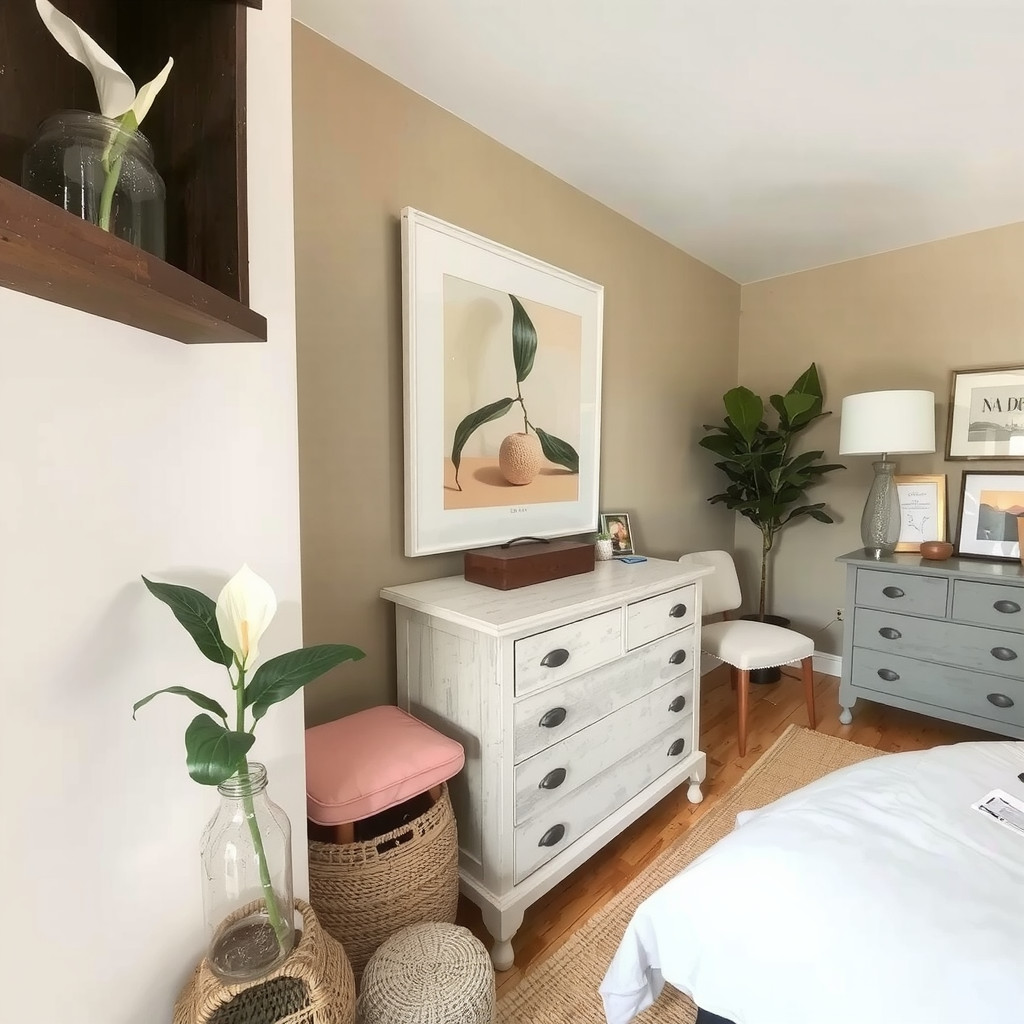
Materials and Textiles
The materials and textiles you use in your bedroom can also impact the ambiance and sleep quality. Choose bedding and curtains made from natural fibers like cotton, linen, or bamboo, which are breathable and gentle on the skin. Consider adding a throw blanket or a rug made from soft, plush materials to create a cozy and inviting atmosphere.
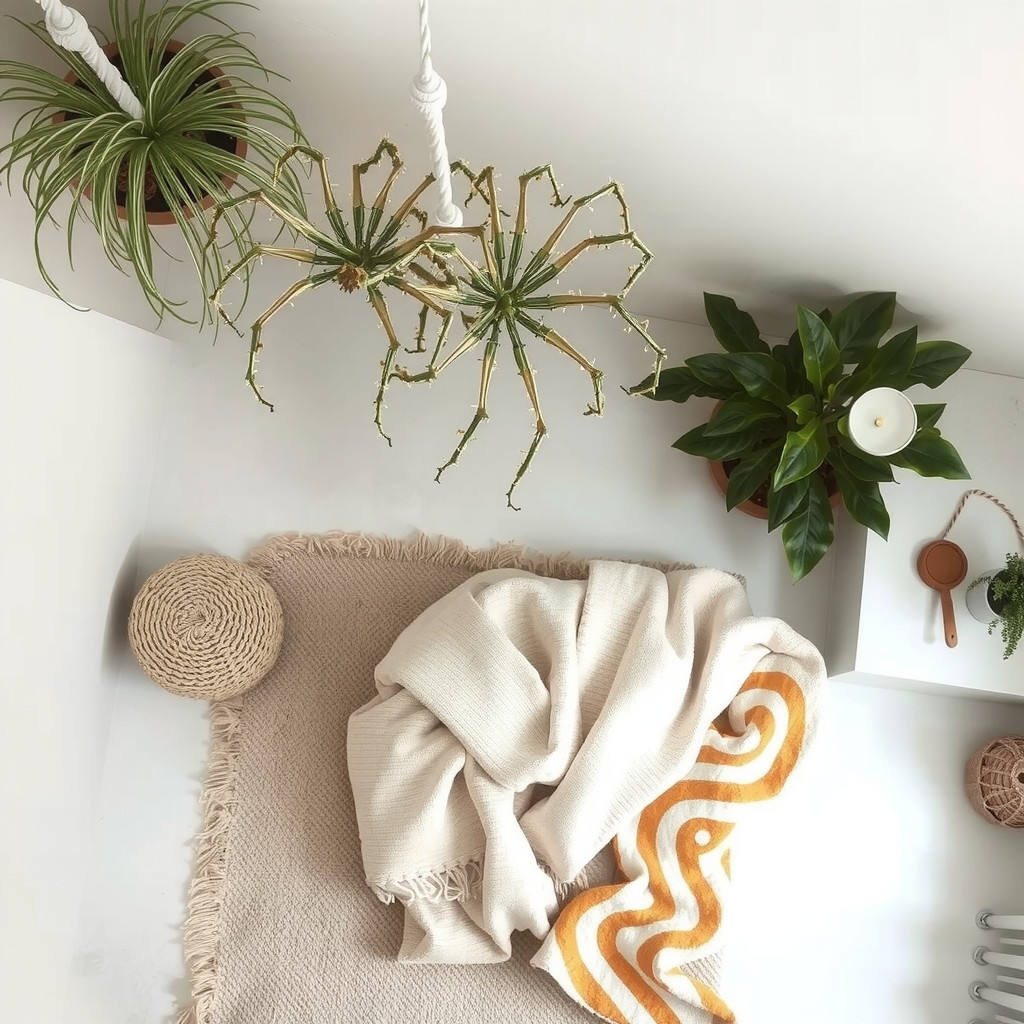
Focal Points
Creating a focal point in your bedroom can help draw your attention away from the stresses of the day and promote relaxation. Consider placing a statement piece of furniture, like a comfortable armchair or a stylish dresser, and surround it with plants or calming artwork.
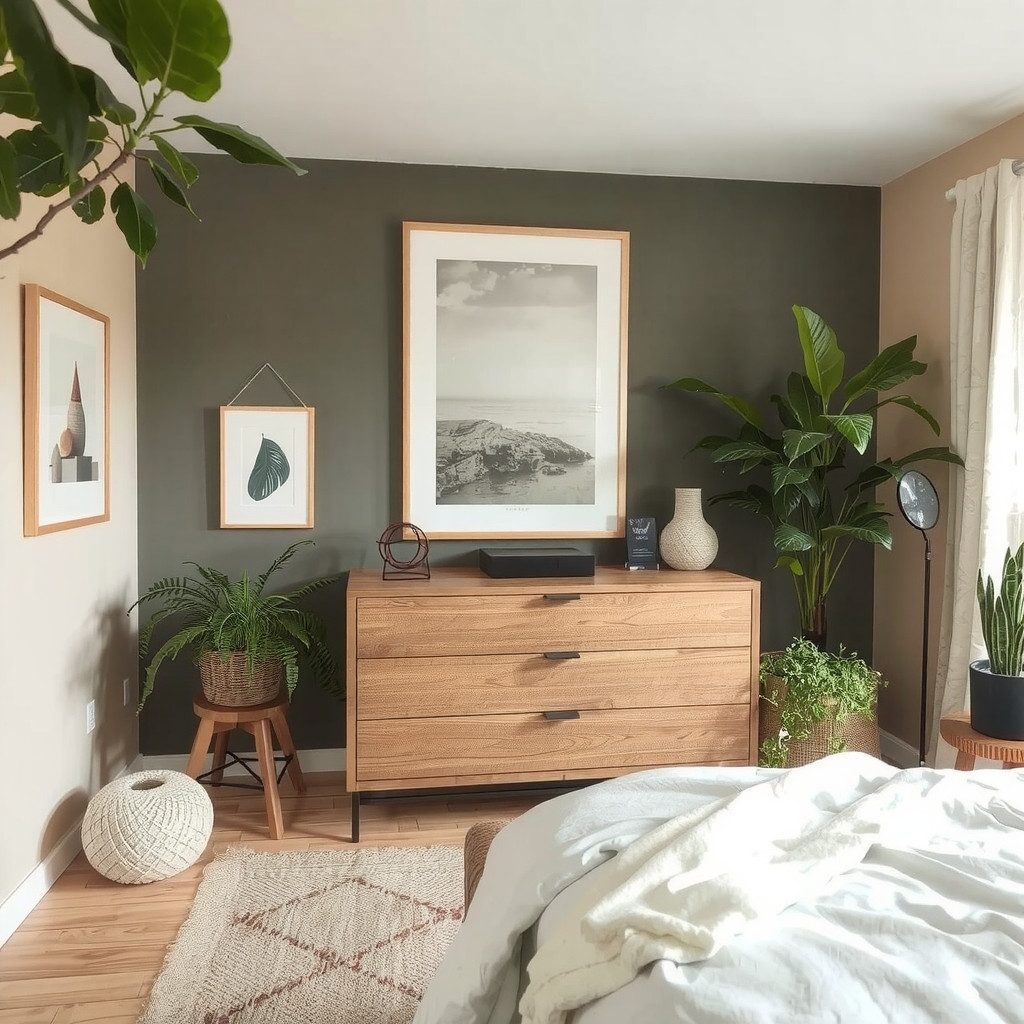
Lighting
Lighting can greatly impact the ambiance of your bedroom and affect your sleep quality. Consider using table lamps or floor lamps with soft shades to create a warm and inviting glow. You can also use string lights or fairy lights to add a touch of magic to your bedroom.
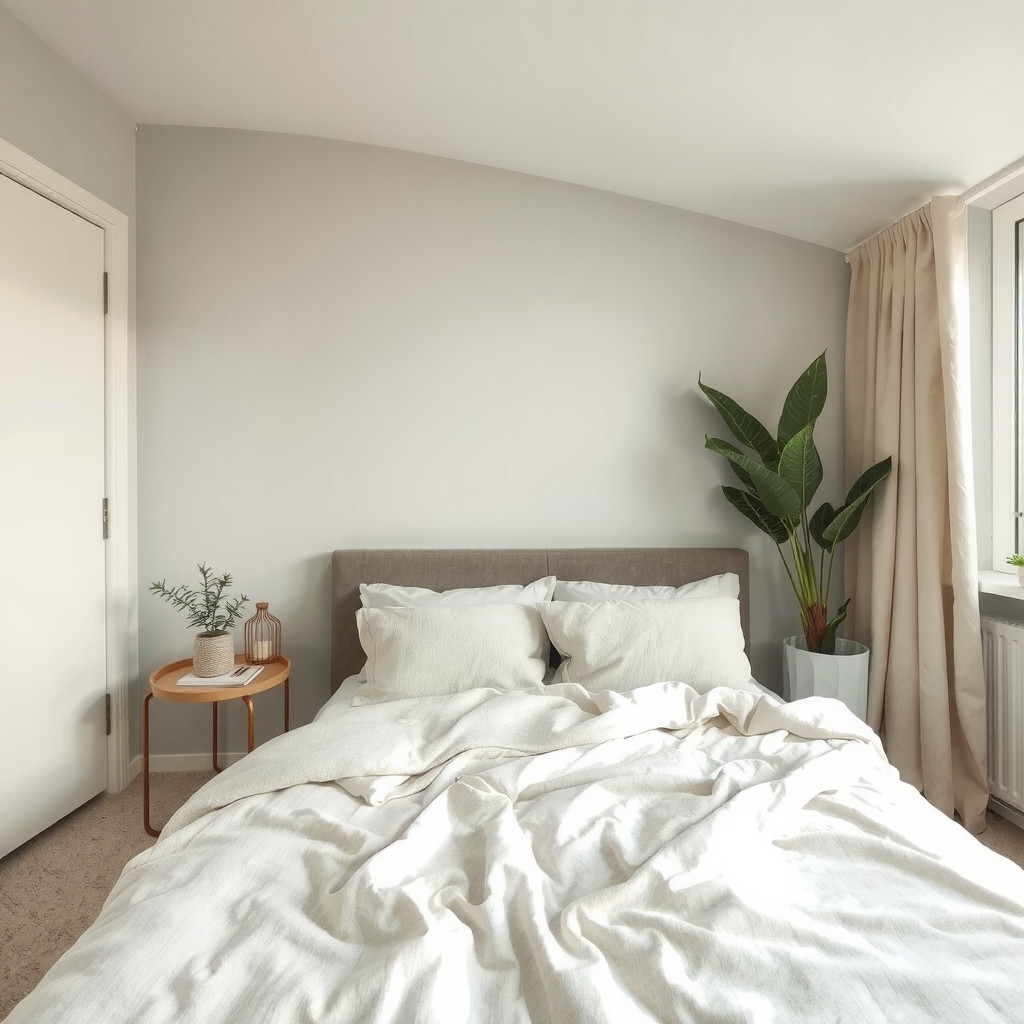
Greenery
Incorporating greenery into your bedroom can have a significant impact on the air quality and ambiance. Choose low-maintenance plants like snake plants, spider plants, or peace lilies, which are easy to care for and can thrive in low-light conditions.
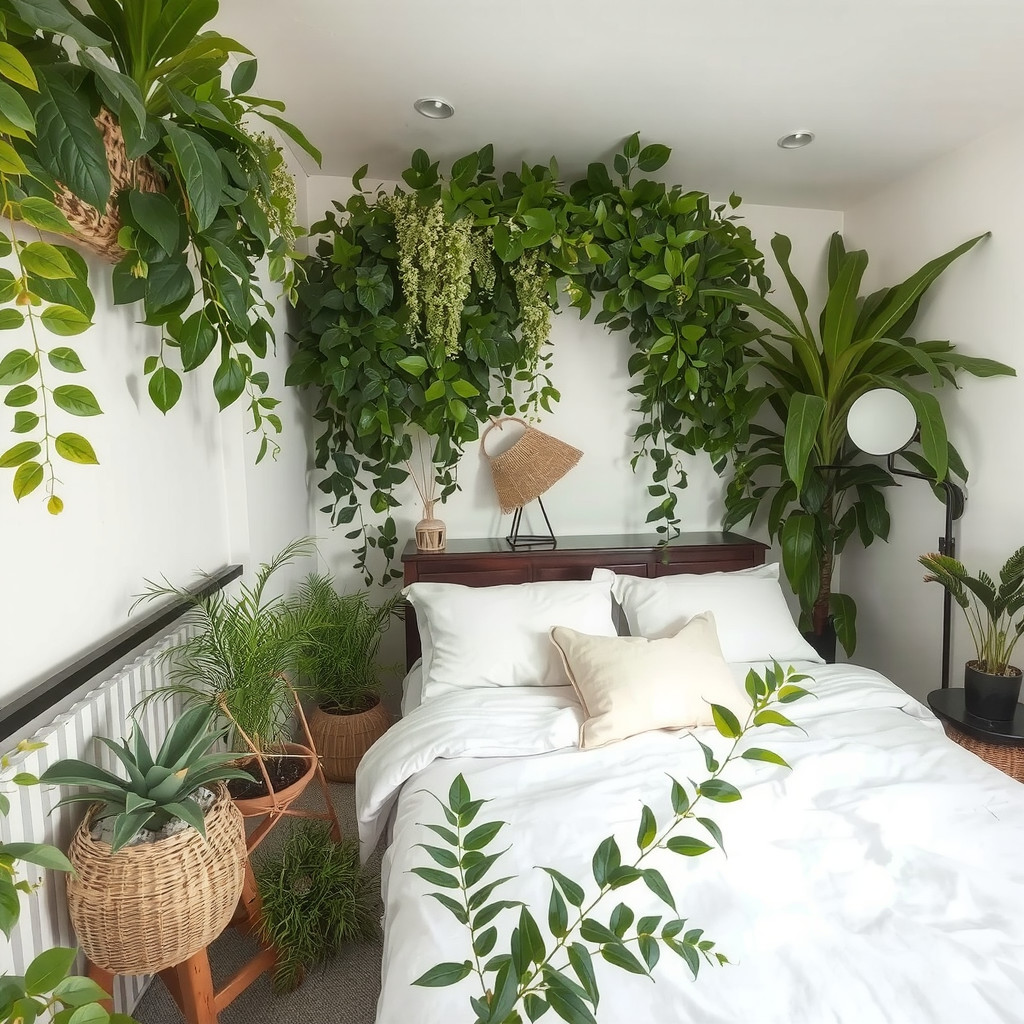
Tips
- Choose plants that are easy to care for and can thrive in low-light conditions
- Avoid overwatering, which can lead to mold and poor air quality
- Consider using a humidifier to maintain a healthy moisture level in your bedroom
- Keep your bedroom cool, dark, and quiet to promote better sleep
ADVERTISEMENT
